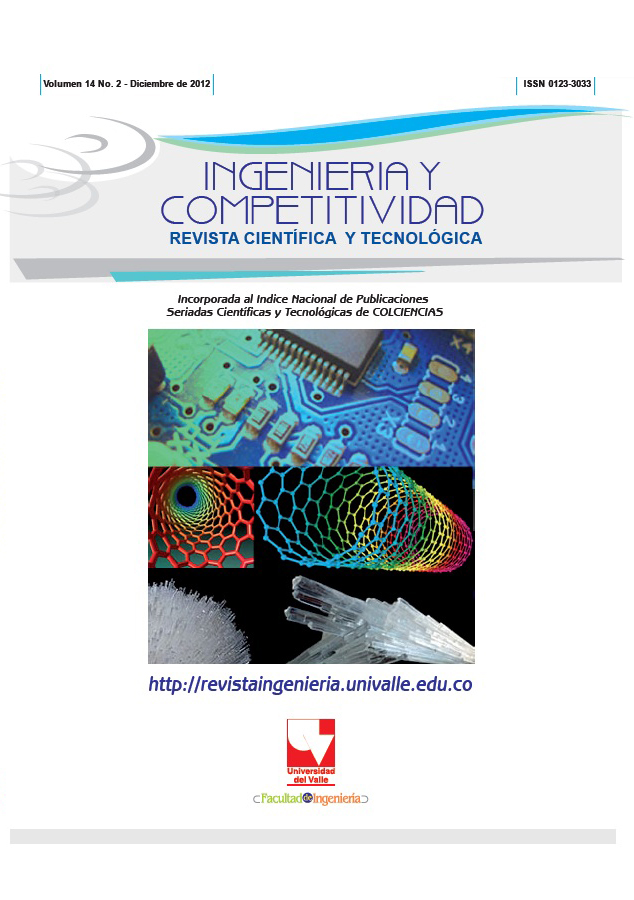Tratamiento de emisiones de hidrocarburos livianos con MgO-CaO
Palabras clave:
Combustión catalítica, GLP, , MgO-CaO, Metano, PropanoContenido principal del artículo
La mayor parte de los requerimientos energéticos actuales para la generación de electricidad, la industria yel transporte se obtienen de combustibles fósiles mediante el proceso de combustión térmica, la cual generaemisiones de gases que contienen hidrocarburos livianos como metano, etano y propano. Entre éstos, el metanoes un importante promotor del efecto invernadero, muchas veces más nocivo que el CO2 y el hidrocarburo másdifícil de oxidar debido a su alta estabilidad química.Entre las tecnologías desarrolladas para el control de dichas emisiones, la combustión térmica soportadacatalíticamente ha ido ganando interés. Los mejores resultados se han logrado con metales nobles y óxidosmetálicos simples o combinados los cuales tienen dificultades de inestabilidad térmica y alto costo. Esteproyecto se enfocó en el desarrollo y ensayo de óxido de magnesio dopado con óxido de calcio que mostró serde bajo costo, activo y térmicamente estable para promover la oxidación completa de gas natural (3.0%), GLP(0.5%) y mezclas de estos en presencia de CO2 (10%) con exceso de oxígeno y por debajo del límite inferior deinflamabilidad. La presencia de GLP facilitó la combustión del gas natural mientras la presencia de CO2 redujola actividad del material para la oxidación pero disminuyó las emisiones de CO.
Downloads
Los autores que publican en esta revista están de acuerdo con los siguientes términos:
Los autores ceden los derechos patrimoniales a la revista y a la Universidad del Valle sobre los manuscritos aceptados, pero podrán hacer los reusos que consideren pertinentes por motivos profesionales, educativos, académicos o científicos, de acuerdo con los términos de la licencia que otorga la revista a todos sus artículos.
Los artículos serán publicados bajo la licencia Creative Commons 4.0 BY-NC-SA (de atribución, no comercial, sin obras derivadas).

